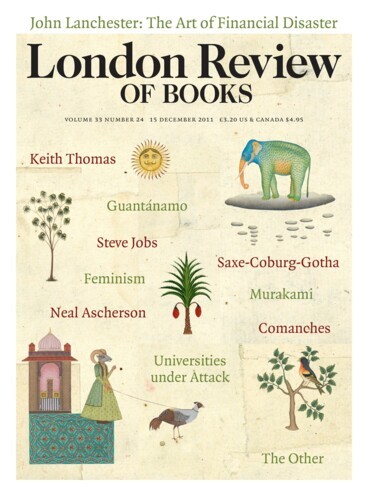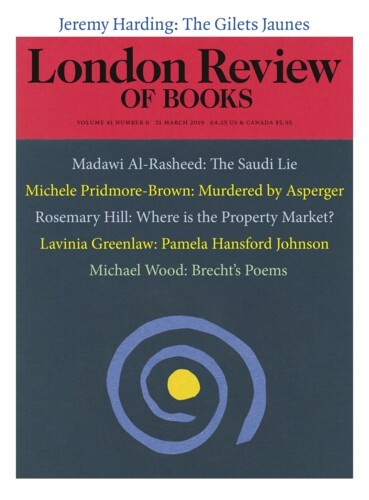From The Blog
2 October 2012
The corridors of the Mother of Mercy Hospital in Gidel, one of the very few health facilities in the rebel area of the Nuba Mountains in Sudan, are cluttered with beds. Half the patients here have been wounded in the civil war that broke out in June 2011. The first war in the Nuba Mountains, between Khartoum’s government and the Nuba rebels of the Sudan People’s Liberation Army, started in 1985. When a ceasefire was signed under international pressure in 2002, the Nuba, rebels and civilians alike, were on their knees. Gidel Hospital, built soon afterwards, was made to resist a bomb blast. And with good reason. Sources close to the SPLA estimate that more than 900 bombs were dropped on the Nuba Mountains between June 2011 and January 2012, killing 86 civilians and injuring 170. More than 400,000 civilians have been displaced. Possibly hundreds of thousands of Nuba now rely on wild plants to survive. Khartoum’s tactics ten years on haven’t changed much since the first war: aerial bombing and ground shelling, attacks by the army and proxy militias, without much attempt to distinguish between military and civilian targets. But new arms have appeared as well.
2 October 2012





